Blog
What you need to know about physiotherapy and podiatry.



Pregnancy is a beautiful journey—but it can also be an uncomfortable one. As your baby bump grows, so can the list of unexpected aches and pains—including affecting your feet. If you’re a mum-to-be and wondering why your once-comfy shoes suddenly feel tight, or totally dread walking, you’re not alone.
In this blog, we’ll explore why foot pain during pregnancy happens, what’s normal, when to be concerned, and how a podiatrist can help you stay comfortable as you walk (or waddle!) through pregnancy.
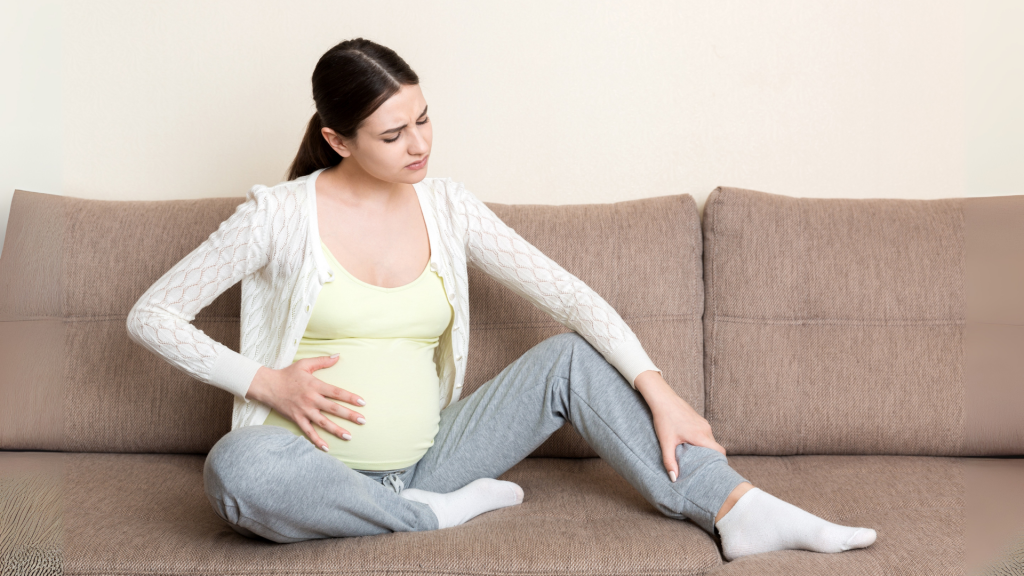
Yes—foot pain is very common during pregnancy. In fact, it’s one of the most overlooked symptoms because it tends to creep in gradually. As your body changes to support your growing baby, your feet take on extra pressure, your joints loosen, and your centre of gravity shifts—all of which can lead to aches, soreness, and swelling in the feet and ankles.
For many women in Singapore who are constantly on the go—balancing work, family, and daily errands—foot pain can quickly impact quality of life. The good news? Most of it is manageable with the right care.
Several factors contribute to foot pain during pregnancy, and they often work together:
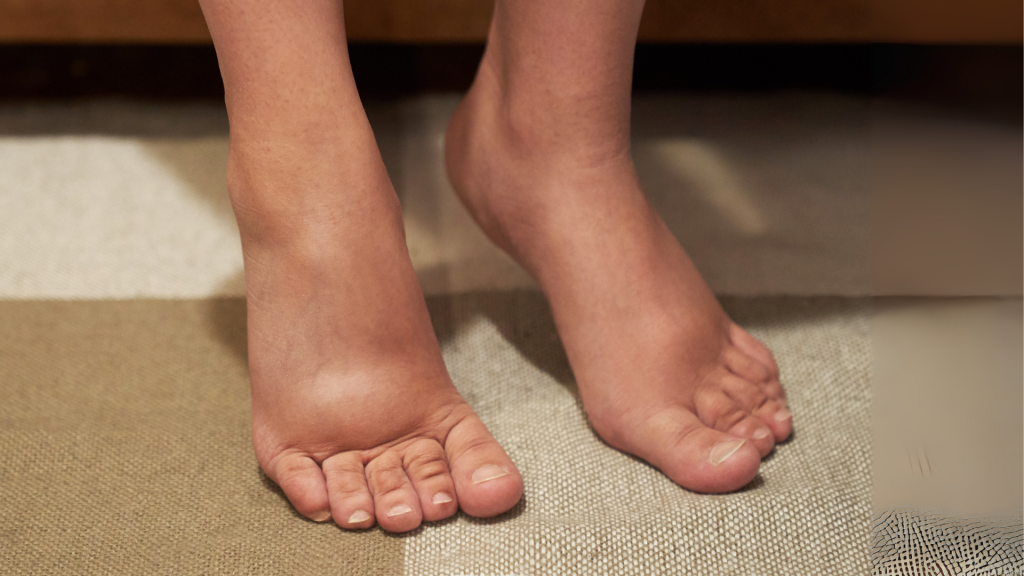
Hormonal changes and increased blood volume cause fluid retention, especially in the lower limbs. This swelling can make your feet feel tight, achy, or heavy—especially after a long day of standing or walking in Singapore’s heat and humidity.
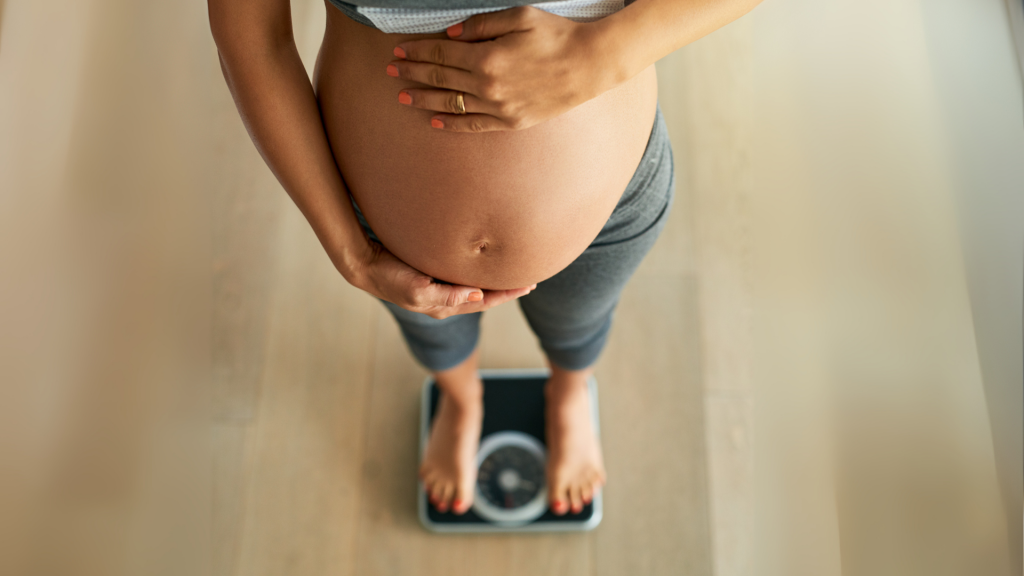
It’s normal (and healthy!) to gain weight during pregnancy, but this adds extra load on your feet, particularly the arches and heels. The increased pressure can cause or worsen foot fatigue and heel pain.
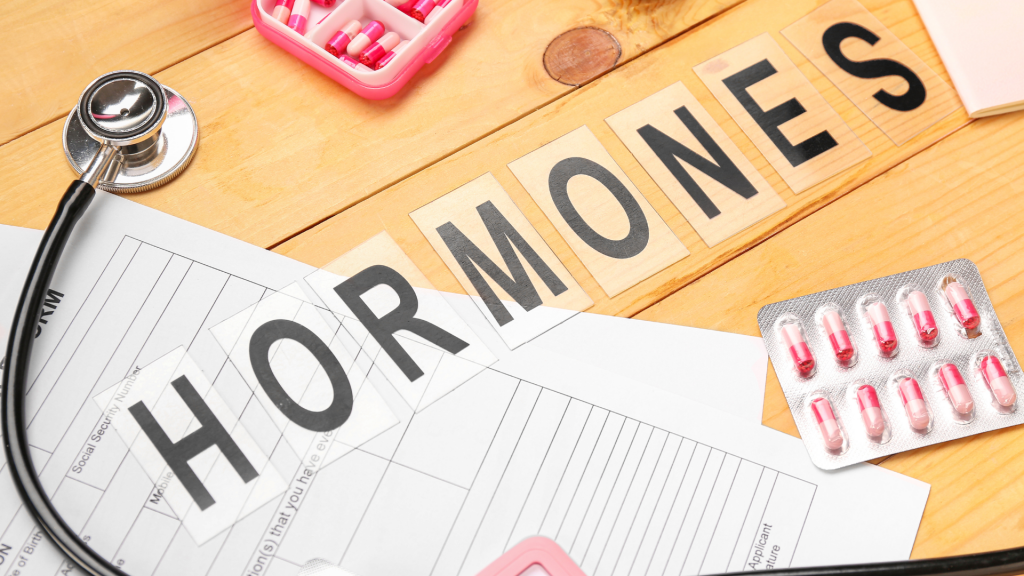
The hormone relaxin softens ligaments in preparation for childbirth. While it’s helpful for your pelvis, it also affects your foot ligaments—leading to changes in foot shape, arch collapse, and instability.
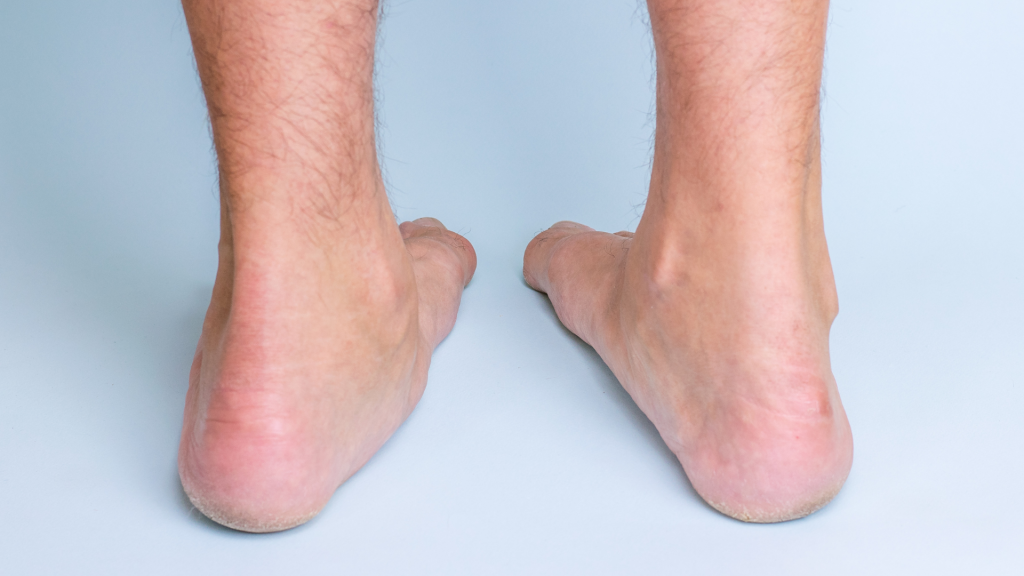
Many pregnant women develop or worsen overpronation, where the arch collapses and the foot rolls inward. This can lead to strain in the arch, heel, and even up to the knees and hips.
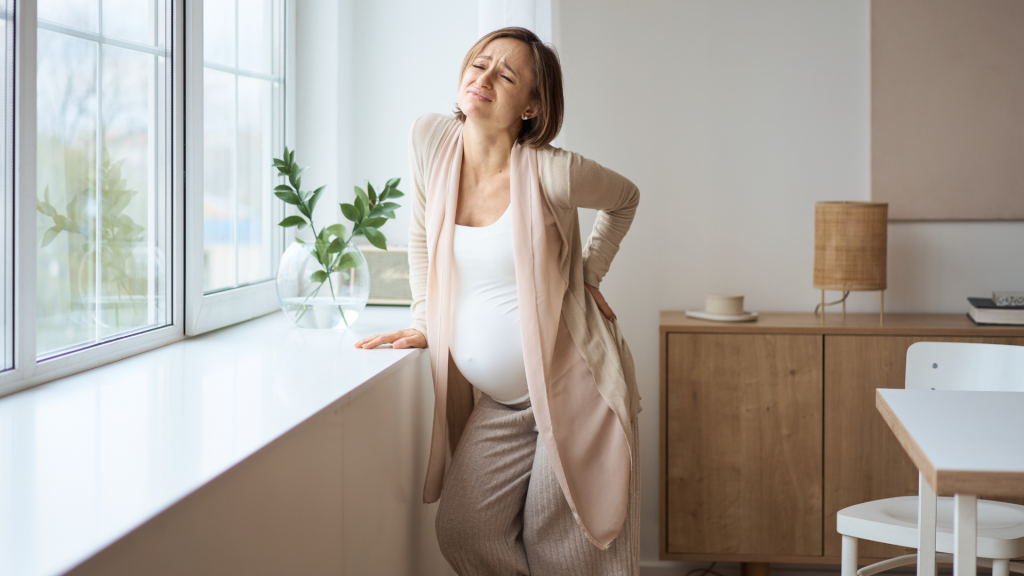
As your belly grows, your centre of gravity shifts forward. To compensate, many women change how they stand or walk, often unknowingly. This altered gait can increase stress on the feet and ankles.
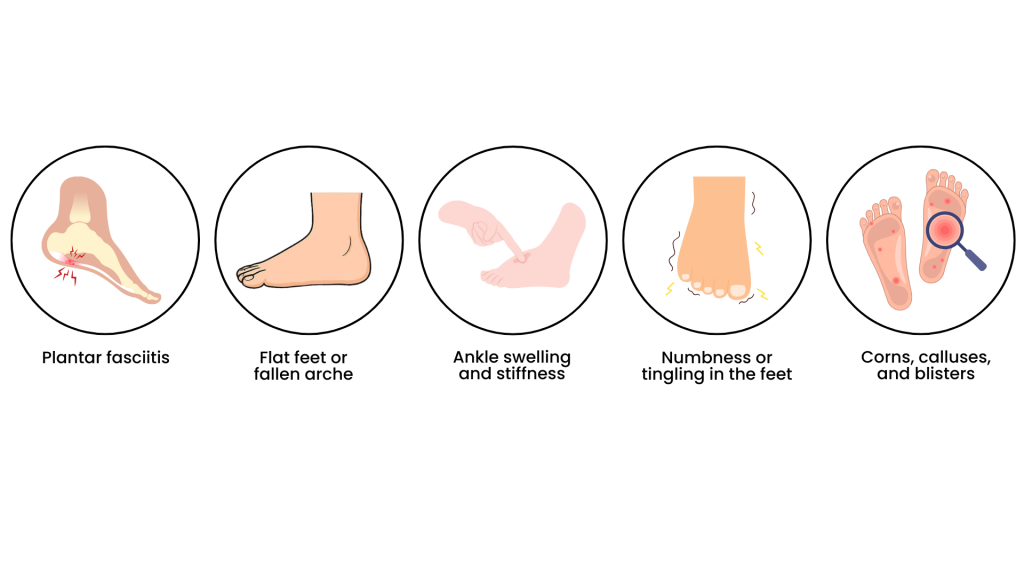
Some of the most frequently seen conditions include:
These issues may resolve post-pregnancy, but in some cases, they persist or worsen without early intervention.
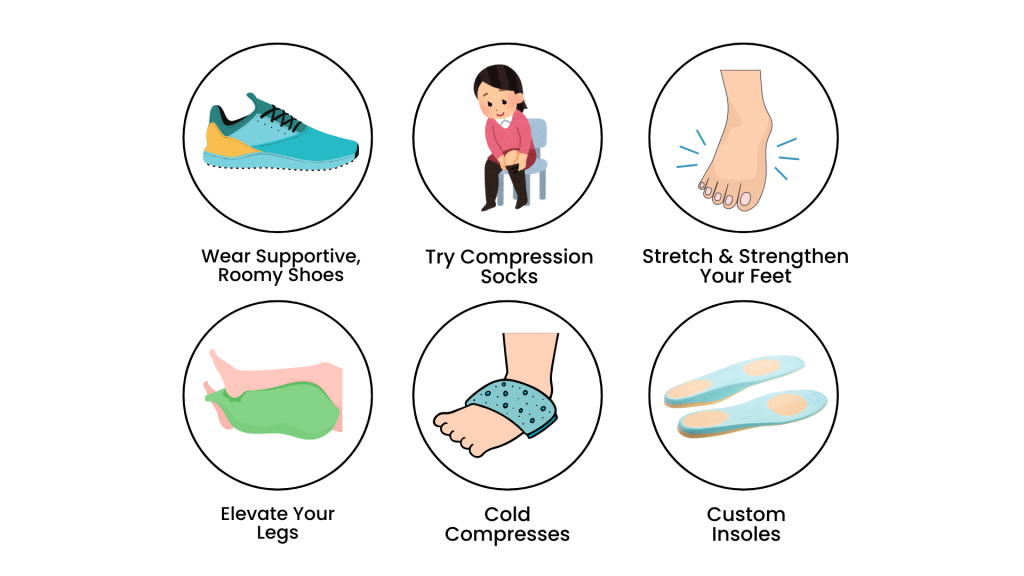
Here are some pregnancy-safe ways to ease the discomfort:
Skip the heels and narrow flats. Choose shoes with good arch support, cushioning, and enough space to accommodate swelling. (Bonus: look for slip-ons if bending gets tricky.)
These can help reduce swelling by improving circulation—especially helpful during long workdays or flights.
Gentle foot stretches, calf raises, and rolling a massage ball under your foot can reduce tension and improve mobility.
Prop your feet up whenever you can, especially after standing for long periods. This helps to reduce fluid build-up.
Using a cold pack can soothe swollen, sore feet—just 15 minutes after a long day can make a difference.
Podiatrist-prescribed orthotics provide personalised arch and heel support and help reduce strain from overpronation.
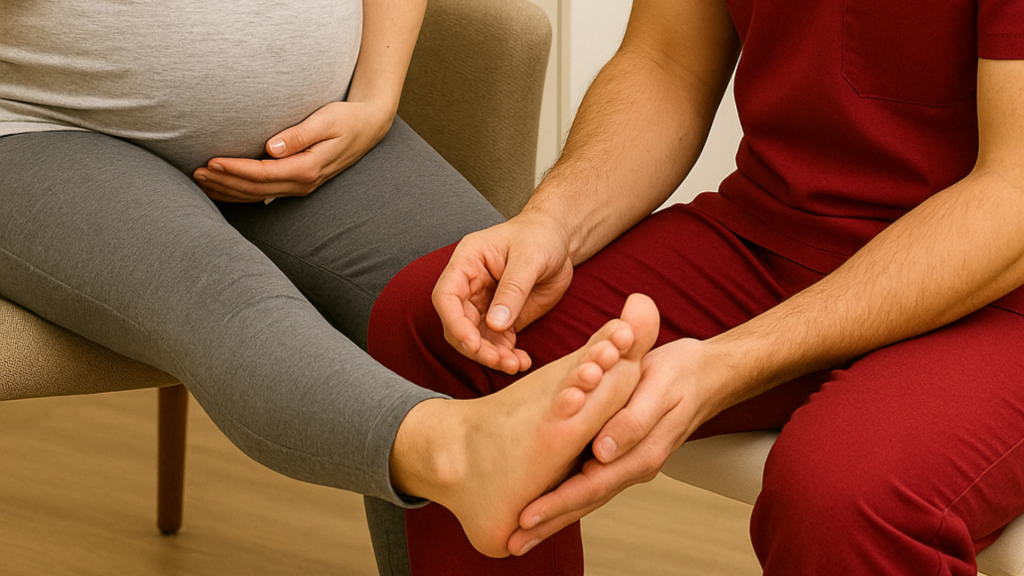
You don’t need to wait until the pain is unbearable. It’s a good idea to consult a podiatrist if you experience:
A podiatrist can assess your gait, foot structure, and overall foot health to offer targeted solutions that are pregnancy-safe and effective.
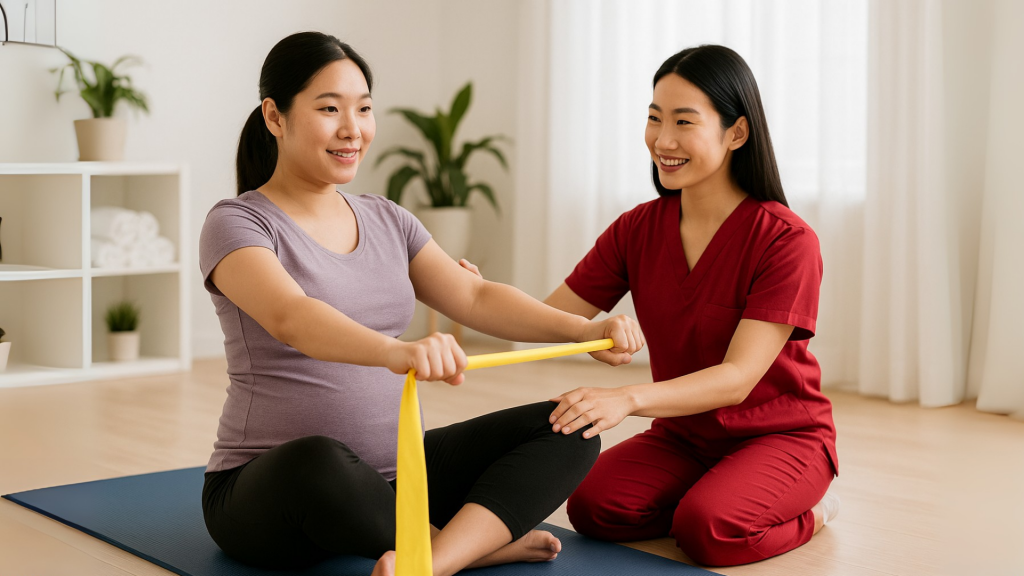
At the Women and Children Centre, our podiatrists specialise in caring for expectant mums. Here’s how we can help:
We work closely with physiotherapists too, ensuring a holistic, body-wide approach to easing your discomfort.
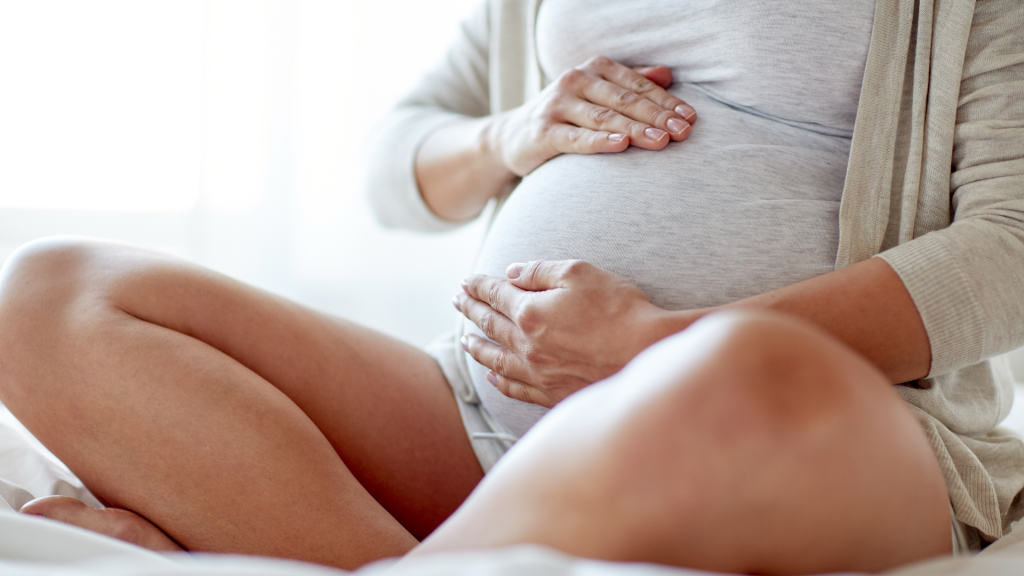
Listen to your body. Pain, swelling, and discomfort are common—but they’re not something you just have to “put up with.” Early support can prevent small issues from becoming chronic conditions later on.
Start with simple changes like footwear and rest, but if pain persists, don’t hesitate to book a consultation. You deserve to move through pregnancy feeling supported—literally and figuratively.
Your feet carry you through every stage of life—and during pregnancy, they work overtime. With the right care, you don’t have to sacrifice comfort for motherhood.
If you’re dealing with foot pain during pregnancy, our team at Women and Children Centre is here to help. Let us support your journey with personalised podiatric care—so you can focus on what matters most: you and your growing baby.
Book an appointment with our women’s podiatrist today and take the first step towards pain-free pregnancy.
Phone: 9126 8257
Fax: 6281 1209
Email: contact@physioandsole.com
Whatsapp a Podiatrist: 91754929
Whatsapp a Physiotherapist: 98997967